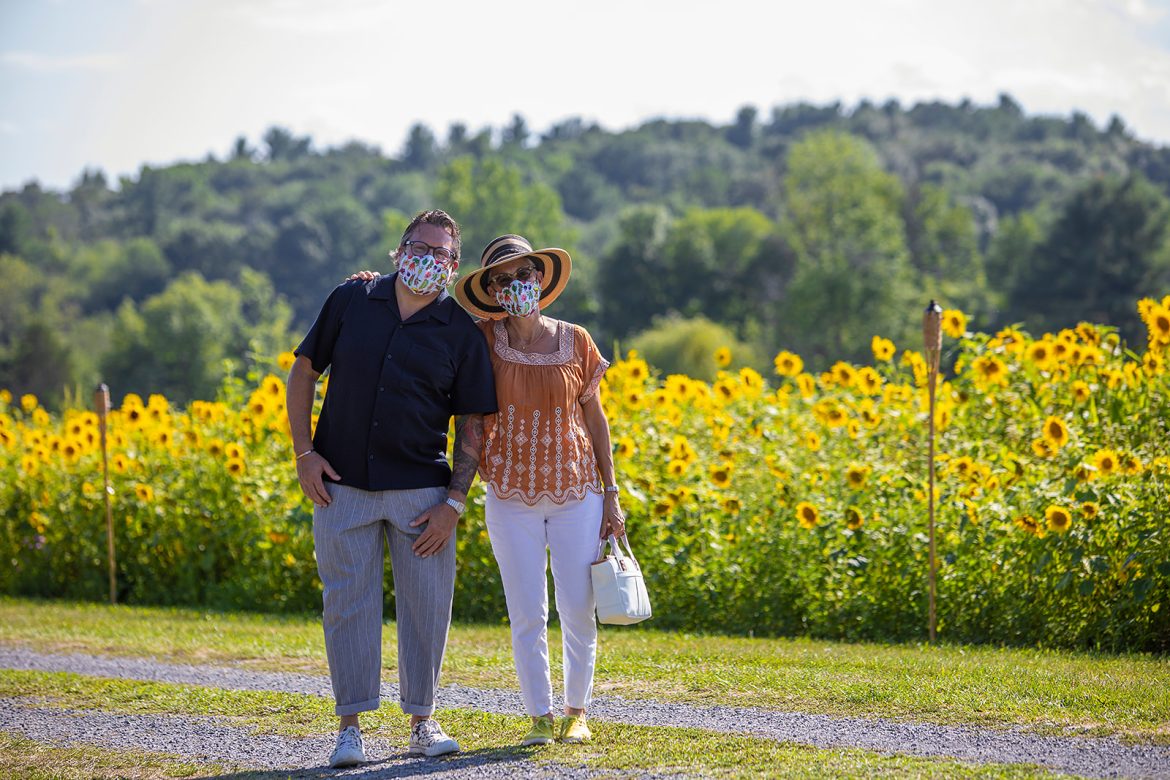The Sylvia Center is having a moment. Founded over a decade ago by Liz Neumark, with the mission of addressing childhood diet-related diseases within overlooked communities, the center focuses on food-based education. Reacting in response to the unexpected death of her own young daughter as the result of a childhood disease, Neumark opened The Sylvia Center—which shares her daughter’s name—as a way to resolve injustices in the community through food. The goal is to equip young people with the tools to move forward in the world in healthier ways, armed with basic cooking and kitchen skills and an understanding of the food system.
Although the organization is 15 years old, “I feel like its moment of truth is now,” said executive director Jonathan Cetnarski. “For [15] years, The Sylvia Center partnered with different kinds of organizations…talking about a lot of different aspects of basic nutrition, basic cooking skills and confidence-building skills, and hopefully getting kids connected to healthy cooking.” Today, he noted, in a moment where we are immersed in a situation regarding the pitfalls of a public health crisis, it’s even more important to understand the complete picture when it comes to food and wellness.

What is the complete picture? It’s a picture that incorporates not only the life skill of cooking but also the basic principles of nutrition, especially in areas where a reliance on poor nutrition has historically led to poor health and, later, underlying disease. The mission feels especially important right now, as Americans grapple with COVID-19, which disproportionately impacts these same overlooked communities, for many of the same reasons.
“I joined in the middle of a pandemic,” Jonathan Cetnarski said. “We came in, and what was not surprising was that the communities with which we served were the very communities that were ravaged by COVID, in terms of death, in terms of illness. And that was largely because of the diet. Obesity, hypertension, heart disease. All of that played a role in mortality, they’re learning about, and the underlying conditions.” Moving forward, a holistic understanding of what we eat, how we eat, and how to prepare what we eat could conceivably better prepare us—and at-risk communities, most notably—for the next pandemic, or the next wave of this pandemic, should it hit as predicted.
Chefs, registered dieticians, nutrition educators, sanitation experts, and other professionals share the educational load at The Sylvia Center. The idea, too, is that the people educated at The Sylvia Center will take their base of knowledge and carry it on. A built-in internship of sorts allows for graduates of the program to try their hand at teaching others. “They’re, in turn, interning at the end of the program, to teach these younger kids,” Cetnarski said. “Kids emulate their older brothers, older sisters.” And so, the cycle of learning about—and appreciating—the food system continues.
Cultivating a love for food is always important, of course, but there may be no better time than the present to embrace the idea of developing a better, stronger body through the building blocks of food.



